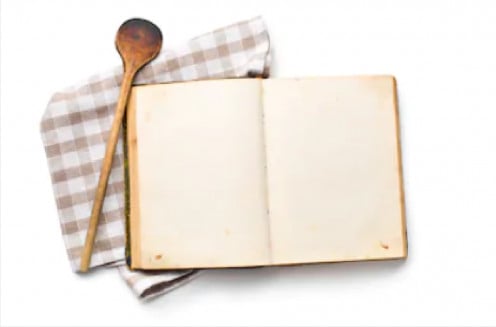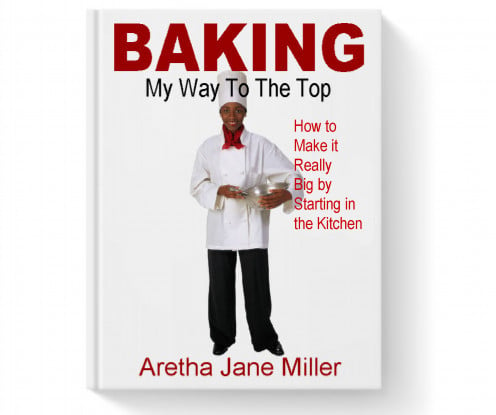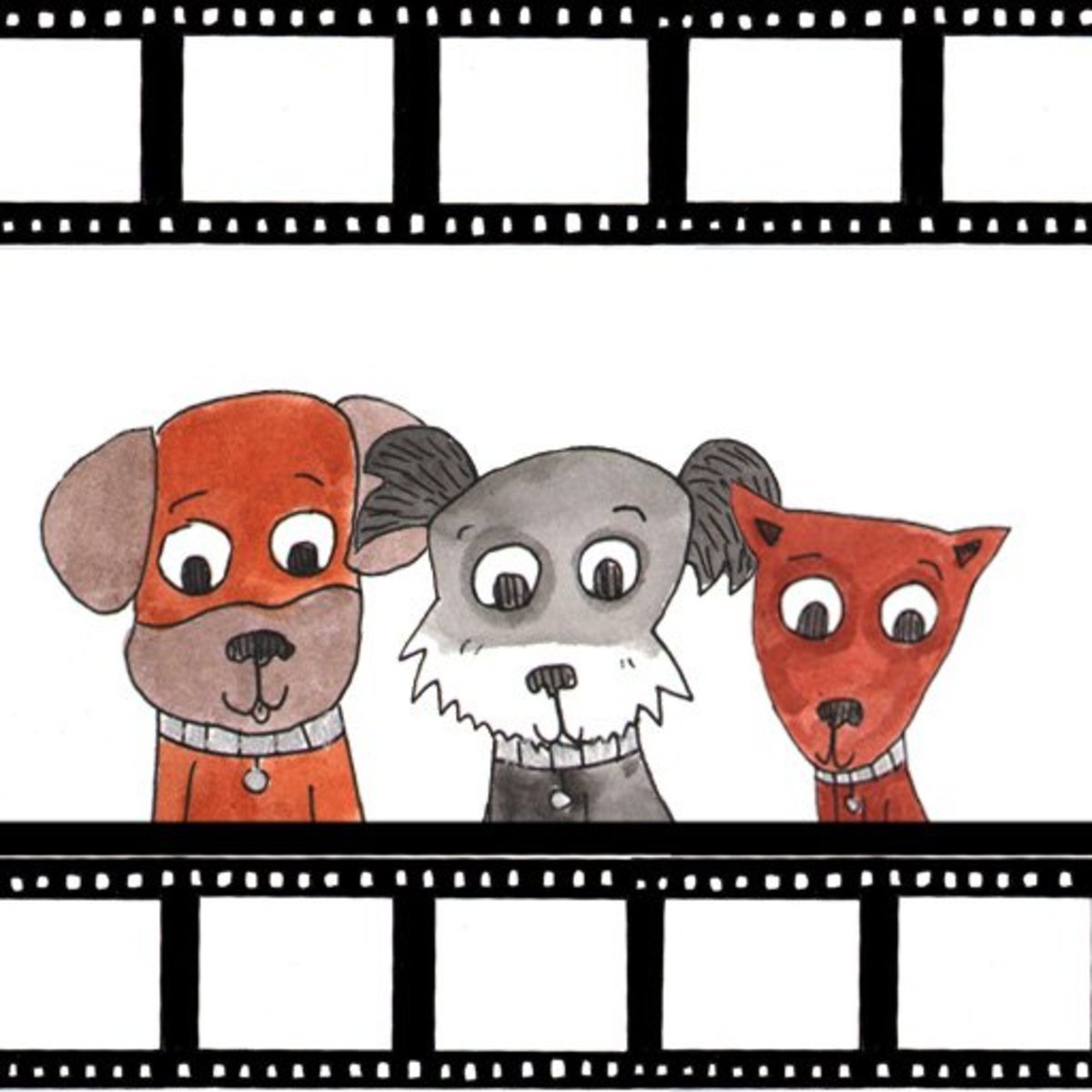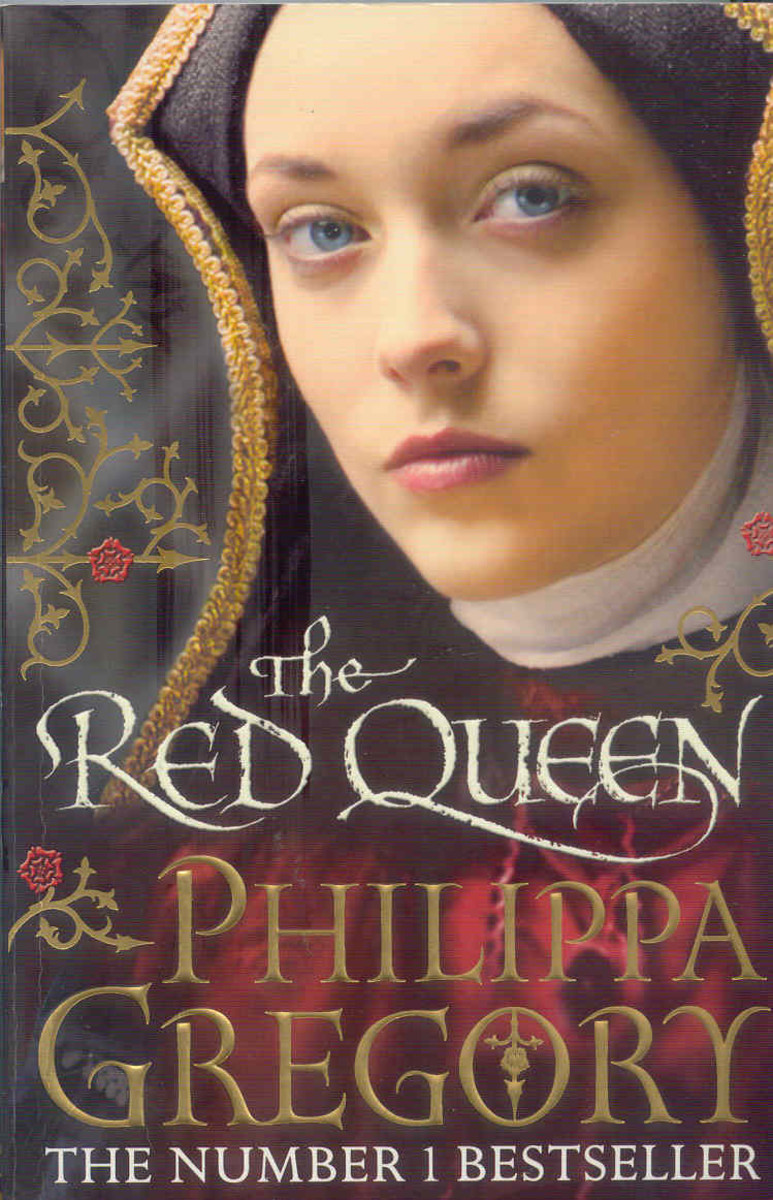Ready to Turn What You Love Into a "How-To" Book?

Know How to Do Something, Really Well? How About a “How-To” Book?
Are people always telling you that you’re a wonderful mother? An excellent father? An outstanding grandparent? An amazing aunt or uncle? If so, and if you believe you have a whole lot of good information to share with others about how to do a lot of things the right way, or if you just want to make sure what you know is passed on down to even the youngest members of your family, now might be a good time to think about writing you very own "how-to" book.
Perhaps you're a business owner or some other type of expert at what you do. You might be a very good teacher. An knowledgeable academic administrator. A superb doctor. An awesome cook. A top-notch veterinarian or animal trainer? A professional poet or musician. A fitness expert. A wonderful barber or beautician with tons of stories to tell.
Or, you could be someone who knows a thing or two about how to change your life for the better. Maybe changing your eating and exercise habits helped to open new doors of opportunity for you to discover a whole new life (I did that once and lost over 100 pounds). Or, you might be someone who truly understands what it really means—and what it really takes ... to be a real friend. No matter what it is that you know really well, now might be the time for you to think about writing your very own "how to" book.

I am a self-published author, an editor, a speaker, a trainer, and a marketing communications and publishing consultant. In another life, I was a university professor, and I taught people how to write for advertising, public relations, and direct marketing communications. Today, I'm enjoying writing a collection of fiction novels, and one day, I will write a non-fiction book to help people who know they want to write a work of fiction, but who might need a little (or a lot) of help along the way.
People of all ages, from all walks of life, have something they can teach; something that might lend itself well to a “how-to” book. Self-publishing might be a good way to share some of what you know you know with others. Some of the people I’ve helped to write and self-publish books have done so for reasons such as:
- To validate their credentials as an expert.
- To make extra income by publishing and selling what they know.
- To document “their way” of doing something they know they do extremely well.
- To show others how they do something they’re very passionate about.
- To prepare for becoming a paid speaker, lecturer, coach, or trainer.

Should You Self-Publish Your "How-To" Book?
Notice that none of my bullet points said “to make a lot of money.” The reason for this is that in most instances, most people—self-published or traditionally published—will not make a fortune from writing a book. In fact, most won’t even “break even,” and by that I mean they won’t even recoup the time and effort they put into their book. And that brings me to my next point: Writing and publishing a book is a labor of love, and if you don’t absolutely love the idea of doing it, then it’s probably not something you will be good at doing. If you see dollar signs instead of valentines, in your mind, when you think of self-publishing, then it could be that you’re setting yourself up for a big letdown.
On the other hand, if you understand that you may not ever earn much from publishing your book, and you still know without a doubt that you are going to do it, then you’re one of the lucky ones. You understand that the rewards of self-publishing are much greater than money. And if what you have to say is something that a lot of people want to read about, there’s always a chance you might make more money than you ever thought you would as an author.
Now you might be asking yourself, “Then why do people bother to self-publish?” My response is that people I’ve helped to get self-published tell me they like the “ease-of-entry” it provides. They feel there is simply no need for them to put themselves through round after round of rejections—something most people encounter when trying to get published through traditional publishing channels. Self-publishing gives them the freedom and independence to publish their book, their way.

Your "How-To" Book: The Most Important Ingredient
It’s important to note here that those best suited for self-publishing are those who are already good or great writers. Those who could most likely get published through traditional means if they wanted to go that route make the best candidates for self-publishing. Why? Because having good or exceptional writing skills means you will be able to communicate well what it is you want to say in your book. Well written books, after all, have a much greater chance of being read and understood.
Now, why self-publishing? Because self-publishing puts you in charge of your publishing destiny—right away, and there are no hoops you have to jump through in order to do it. Depending on the route you choose for self-publishing, it can be free (such as e-book publishing through a company such as Amazon's Kindle Direct Publishing), or it can be costly (going through a pay-to-publish company). No matter what route you choose, self-publishing will enable you to get your book written and published the way you want. And, if you choose a pay-to-publish company, you'll get a chance to use the expertise and knowledge of professionals whose job it is to help make sure the end result of your publishing journey is something you can be proud of for many years to come.
So, if you're someone who has the needed skills, and you’re ready to finally write that book and get it published, then self-publishing might be just what you’re looking for. If this sounds like you, then now is the time to begin thinking about the many questions people have when they need the advice or the services of someone like you.
A good way to begin your publishing project is to write down the questions you know people will have for you as you teach them about "how-to" do something. Writing down the questions you know people will have will help you out tremendously when you begin to organize your thoughts, when you're preparing your book outline, and when you're actually writing your “how-to” book. In fact, the questions can become your initial outline. You'll probably add more and more questions as you think further about the many details you will need to include as you get underway with the writing of your book.
So why not write about what you know, for sure, and then get your story published? Your book can be something you can keep on your coffee table to remind you of how great you are—at times when you’re "not feeling it,” or it could be something that you can promote online and sell, to earn some extra money.
© 2012 Sallie B Middlebrook PhD








